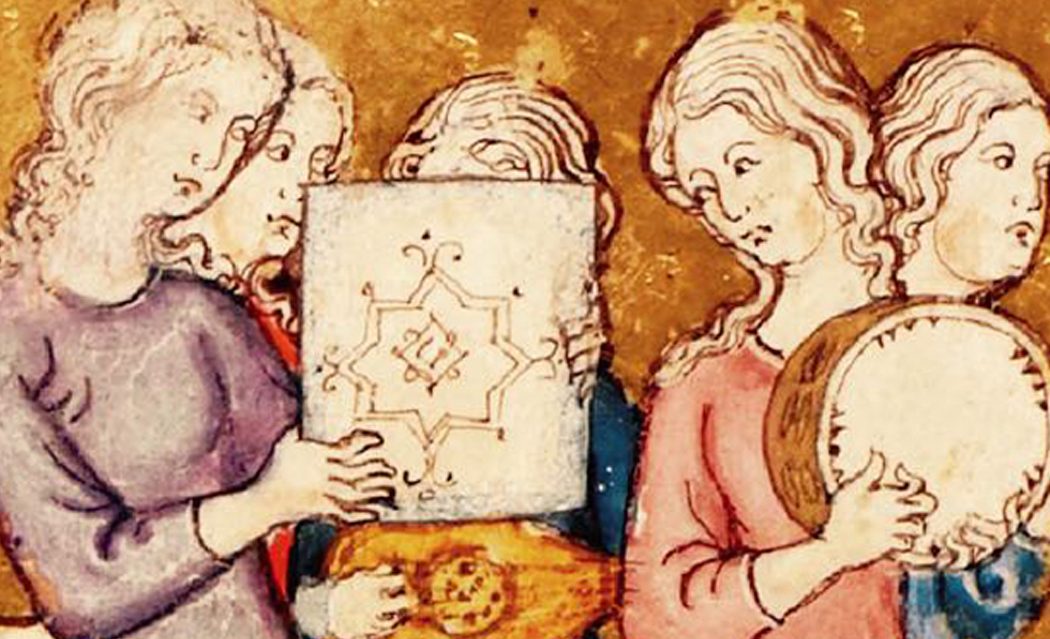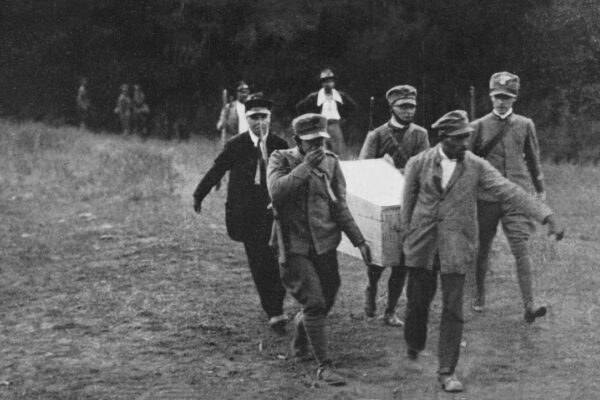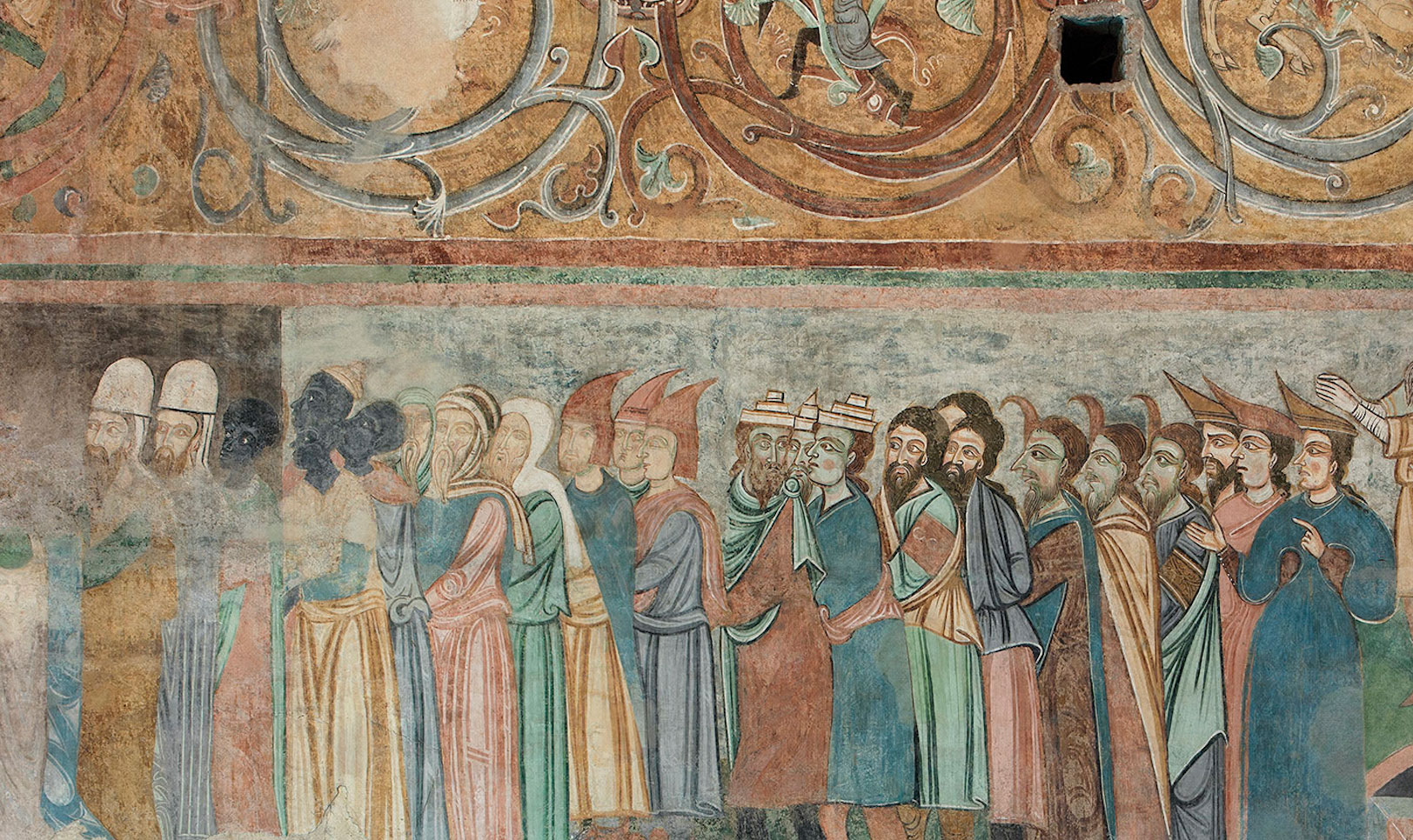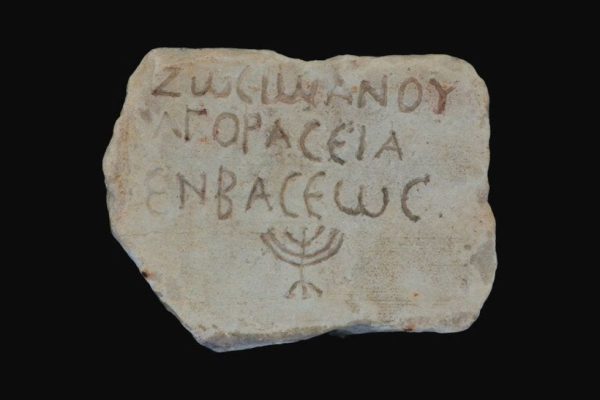Individuals and Legal Institutions in the Medieval Mediterranean
Center for Jewish Studies, Duke University, Durham, NC – March 7-8, 2016
While there is a vast literature on medieval Jewish and Islamic law, the histories of medieval Jewish and Muslim legal institutions received substantially less attention. A relative dearth of documentary sources and a privileged position given to prescriptive texts have led to a top-down approach that views courts predominantly from the perspective of the central political power and/or the legal tradition. This situation contrasts with the study of courts and the legal arena in Christian Europe where there has been a long tradition of studying legal institutions “from below,” whether through the lens of dispute settlement, microhistory, or legal anthropology. This conference will attempt to bridge the gap between the study of legal culture and practice in medieval Europe and the Islamic world by bring together scholars of medieval Christian, Muslim, Jewish and secular legal institutions to think comparatively about the study of individuals and legal institutions “from below.” In order to supply a comparative perspective, we will be joined by scholars who have tackled such questions in adjacent fields, from Late Antiquity to the Ottoman Empire. The talks will explore how individuals accessed legal institutions and maneuvered in the legal arena, how legal institutions catered to and were affected by litigants’ participation, and to what extent viewing litigants as consumers is a fruitful model in Europe and across the Mediterranean.
While there is a vast literature on medieval Jewish and Islamic law, the histories of medieval Jewish and Muslim legal institutions received substantially less attention. A relative dearth of documentary sources and a privileged position given to prescriptive texts have led to a top-down approach that views courts predominantly from the perspective of the central political power and/or the legal tradition. This situation contrasts with the study of courts and the legal arena in Christian Europe where there has been a long tradition of studying legal institutions “from below,” whether through the lens of dispute settlement, microhistory, or legal anthropology. This conference will attempt to bridge the gap between the study of legal culture and practice in medieval Europe and the Islamic world by bring together scholars of medieval Christian, Muslim, Jewish and secular legal institutions to think comparatively about the study of individuals and legal institutions “from below.” In order to supply a comparative perspective, we will be joined by scholars who have tackled such questions in adjacent fields, from Late Antiquity to the Ottoman Empire. The talks will explore how individuals accessed legal institutions and maneuvered in the legal arena, how legal institutions catered to and were affected by litigants’ participation, and to what extent viewing litigants as consumers is a fruitful model in Europe and across the Mediterranean.
Attendance on the first day of the conference is open to all. The second day of the conference will be in a workshop settings, but attendance is certainly possible with prior arrangement. To register, or to ask any questions please contact Serena Bazemore (serena.elliott@duke.edu) or Oded Zinger (oz3@duke.edu). For more details on the conference and the participants, check out the conference website and the list of participants.
The conference is generously supported by Duke Religious Studies, Duke History Department, Center for Medieval and Renaissance Studies and Middle Eastern Studies.
Conference Program:
Monday, 7th March. DUKE WEST CAMPUS
9:00 – Light reception (coffee and refreshments).
9:45 – Greetings by Laura Lieber.
9:50 – Welcome by Oded Zinger.
First Session: (20 minutes lectures, 5 minute response, 15 minutes discussion).
Chair: Ellen McLarney.
10:00 – Daniel Lord Smail – “Debt Collection and the Making of Medieval Justice.”
Respondent: Timur Kuran.
10:40 – Verena Kasper Marienberg – “Jewish Individuals before the Early Modern Viennese Imperial Court – Choices, Strategies, Options.”
Respondent: Adam Kosto.
11:20 – Mathieu Tillier. “Qadis and their social networks: defining the judge’s neutrality in Abbasid Iraq.”
Respondent: Boğaç Ergene.
12:00 – Lunch and break.
Second Session:
Chair: Abdullah Antepli.
1:30 – Marina Rustow – “Rights, Institutions and Documentary Culture in the Medieval Middle East.”
Respondent: Bruce Hall.
2:10 – Flora Cassen – “Philip II of Spain and his Italian Jewish Spy.”
Respondent: Caroline Humfress.
2:50 – Sara McDougall – “Bastards and thrones in medieval Europe: Law and practice”
Respondent: Jehangir Malegam.
3:30 – 4:00 – Break.
Third Session:
Chair: Mona Hassan.
4:00 – Timur Kuran – “The Financial Power of the Powerless: Socio-Economic Status and Interest Rates under Partial Rule of Law.”
Respondent: Jessica Goldberg.
4:40 – Tamer El-Leithy – “Shibboleths under Hats: Material Culture, Fiscal Records, and Medieval Arabic Documentary Regimes”
Respondent: Brinkley Messick.
5:20 – Andrew Berns – “‘Women who love to go out:’ Jewish women as peddlers in Renaissance Italy”
Respondent: Rena Lauer.
6:00 – Break.
7:00 – Dinner.
Second day: DUKE EAST CAMPUS
Workshop: Session I (30 minutes papers, 5-10 minute response, 20-25 minutes discussion):
Chair: Joseph Shatzmiller.
9:00 – Rena Lauer. “Converts and their Jewish Families in the Courtrooms of Venetian Crete.”
Respondent: Andrew Berns.
10:00 – Rachel Furst. “Managing Marital Conflict: Husbands and Wives in the Jewish Courts of Thirteenth Century Ashkenaz.”
Respondent: Mark R. Cohen.
11:00-11:30 Break.
Workshop: Session II:
Chair: Laura Lieber.
11:30- Pinchas Roth – “‘My precious books and instruments:’ The divorce of David Bonjorn and Esther Caravita, Catalonia 1337”
Respondent: Thomas Robisheaux.
12:30 – Lunch
14:00 – Oded Zinger, “Toward a Social History of Responsa.”
Respondent: Eve Krakowski.
15:00 – Conclusions
15:30 – Finish.









